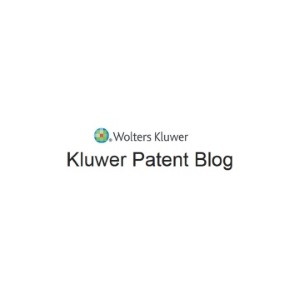
The scope of a patent is to be interpreted according to Art. 69 EPC and the Protocol. If the literal text is limiting, the question is how the skilled person would understand this limitation.If the limiting wording is due to a technical consideration, the limitation may be considered differently from when the limitation can be deemed to be without a purpose. In principle, the consequences of a lack of clarity on the scope of the claim shall be for the patentee.
In the present case, it appeared from the prosecution file that the limitation had been introduced with a purpose, and the patentee had accepted the limiting examiner’s amendments. Taken together with the fact that the patentee could be considered a professional party with sufficient knowledge in the field of patents, this means that the scope of the claim was determined more by the literal interpretation of the claim than by the concept of the invention behind it.
Read the full article by Bart van Wezenbeek on Kluwer IP Law.

